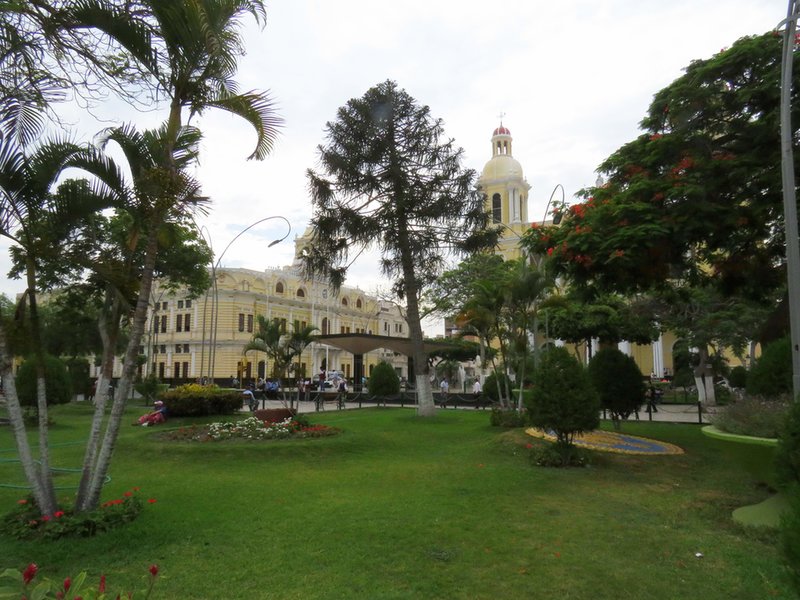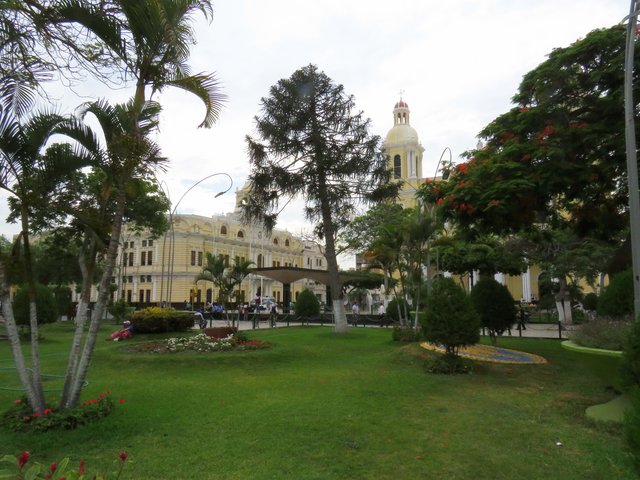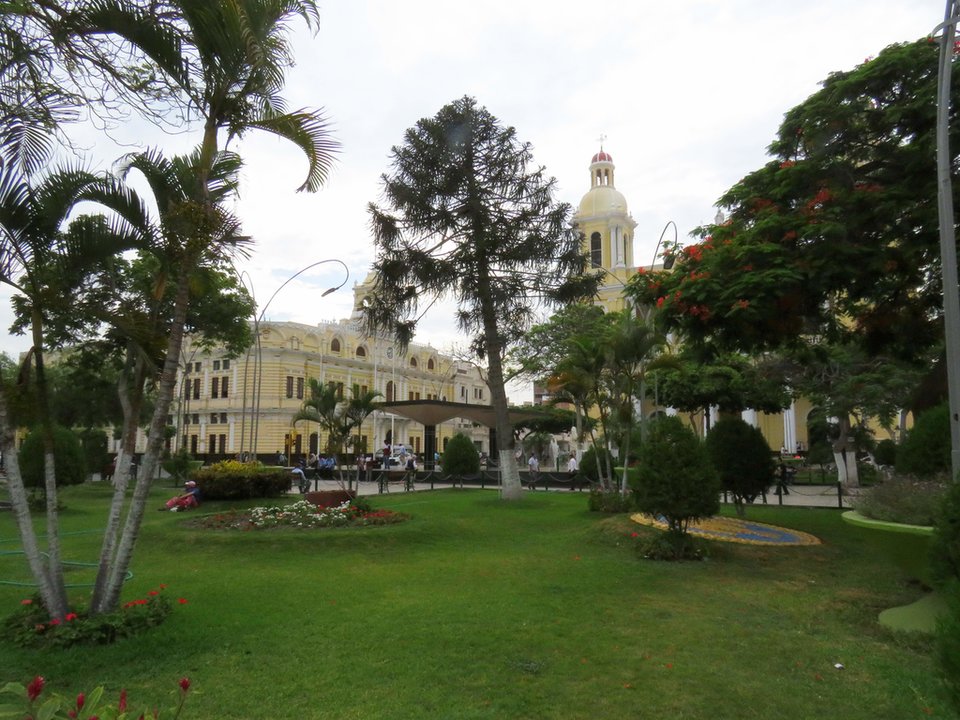Deltares in brief
GEOLIB: a single environment for all geotechnical data
Engineering companies, contractors and water authorities are working hard on automating the design and evaluation processes for geotechnical data. So Deltares developed GEOLIB, the geotechnical software library that simplifies and accelerates these automation processes, and improves the results.
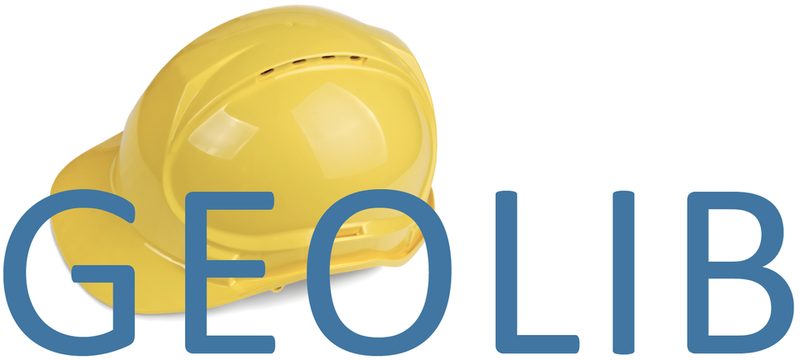
At present, the different organisations are still working with their own software to make calculations for, among other things, roads, dikes, excavation pits and foundation plans. GEOLIB will provide standard components for the calculation and interpretation of geotechnical data in the form of modules that can be easily coupled. “The Python programming language is used for the coupling, providing users with access to all functions and data in a single environment. The benefit is that, for each project, you can easily combine basic information and functionality as needed. That means you can flexibly automate the geotechnical working processes,” says Marcel Visschedijk, project leader at Deltares. “The Deltares seal of quality means clients can rest assured that the results are good.”
Read more
Doctorate Joeri van Engelen. Salt in the groundwater of densely populated deltas
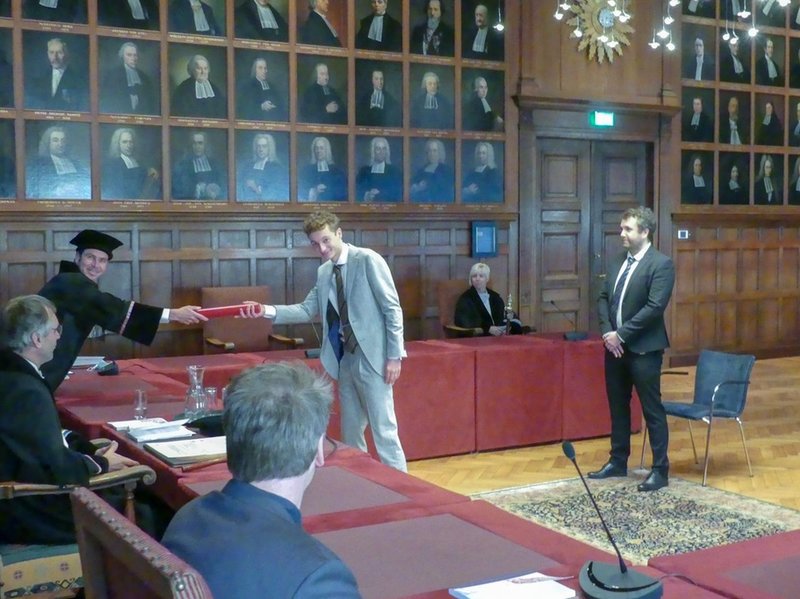
Hydrologist Joeri van Engelen studied the distribution of fresh and salt groundwater in deltas. Although deltas are traditionally dependent on surface water, groundwater use is increasing due to the growing population and increasingly intensive agriculture.
Read more
Free test time in our experimental GEO facilities
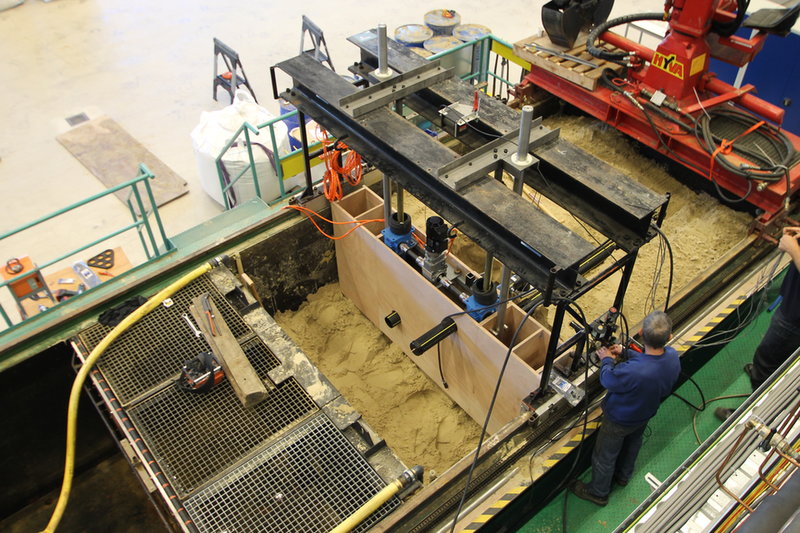
At Deltares, we are very proud of our wide range of test facilities. One of our aims is to help Dutch companies to encourage innovation.
Read more
AquaConSoil: from international conference to international platform
AquaConSoil is organised by Deltares. It is one of the leading international conferences in the field of soil quality and water management and it is seizing the momentum to bring about transformation. The event will not just be a digital version; it is on its way to becoming an international platform for initiatives and the exchange of knowledge, practical experience and ideas.
Read more
Predicting typhoon damage with machine learning
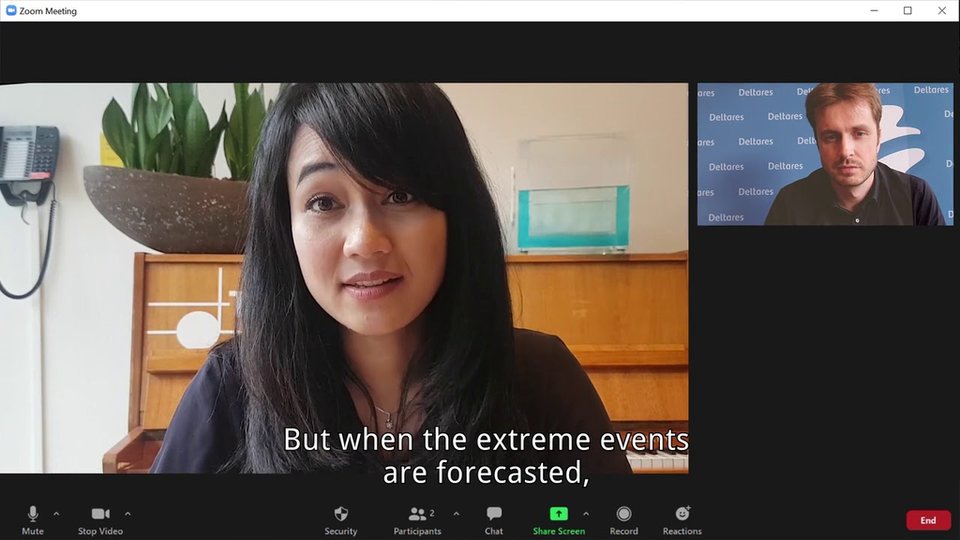
There are several typhoons in the Philippines every year. They sometimes cause extensive devastation in the area, as in the case of typhoon Haiyan in 2013, which inflicted more than 6,000 fatalities. It is possible to predict these typhoons several days in advance so the local population can make preparations. However, current forecasts focus on what the weather will be (the typhoon event and intensity) rather than what the weather will do (the extent and the location of the damage).
Read more
Stop the iron eaters!
During the production of steel in blast furnaces, we squeeze a lot of energy into relatively small amounts of material. Micro-organisms then do everything in their power to release this energy in order to live off it. The final result of this microbial corrosion is crumbly rust.
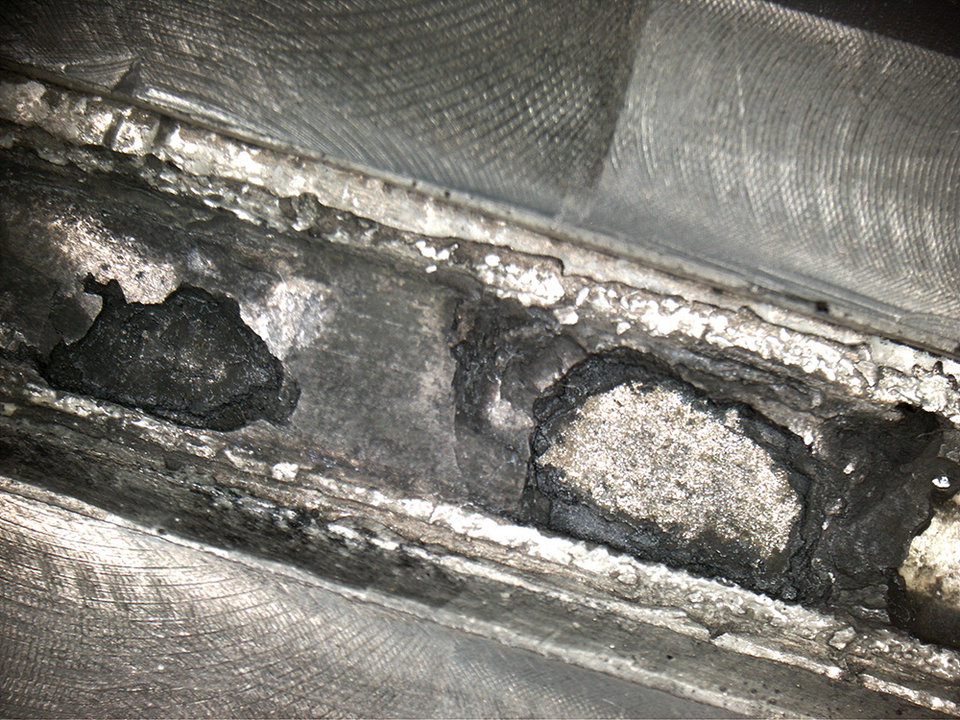
Much of our infrastructure, from sheet piling to wind turbines, is made of steel. How do we protect it when the microbial army attacks? According to Stefan Jansen, a microbiologist at Deltares, coatings and cathodic protection are the main strategies. A coating is a protective layer that can stop micro-organisms provided it is properly applied and not damaged.
Read more
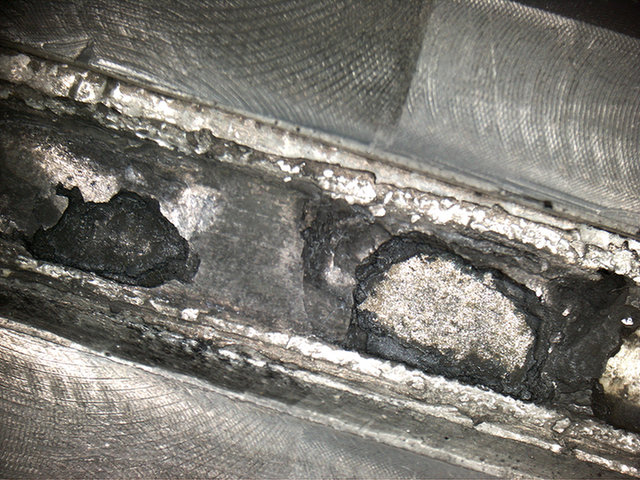
Stop the iron eaters!
During the production of steel in blast furnaces, we squeeze a lot of energy into relatively small amounts of material. Micro-organisms then do everything in their power to release this energy in order to live off it. The final result of this microbial corrosion is crumbly rust.
Much of our infrastructure, from sheet piling to wind turbines, is made of steel. How do we protect it when the microbial army attacks? According to Stefan Jansen, a microbiologist at Deltares, coatings and cathodic protection are the main strategies. A coating is a protective layer that can stop micro-organisms provided it is properly applied and not damaged. Cathodic protection prevents corrosion by applying a slight voltage to the steel from an electrical supply, or by connecting it to a metal that corrodes more easily such as aluminium or zinc.
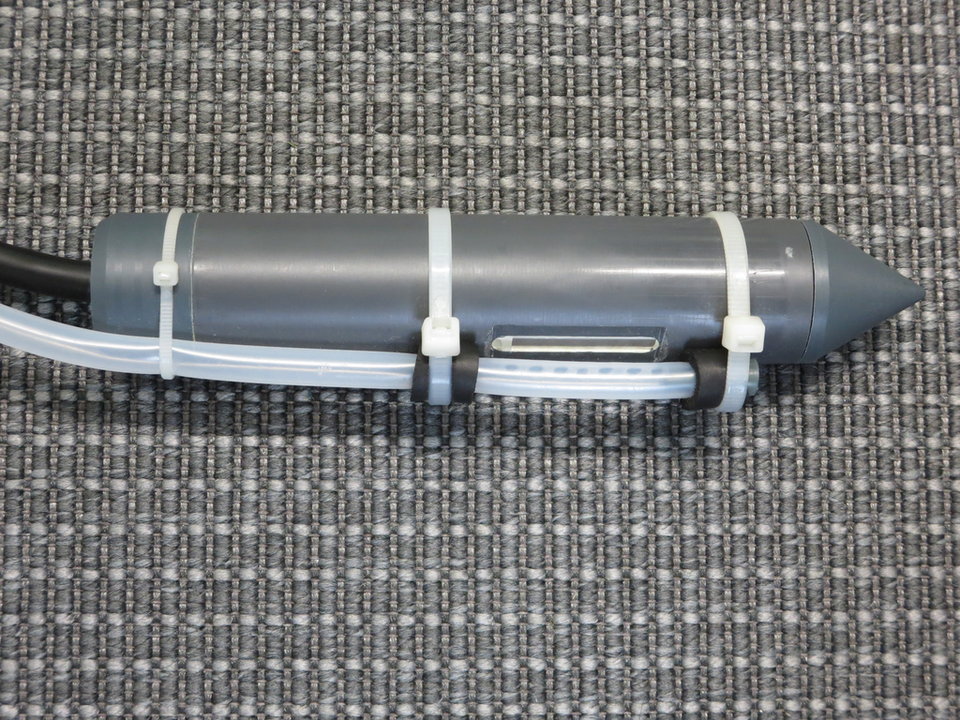
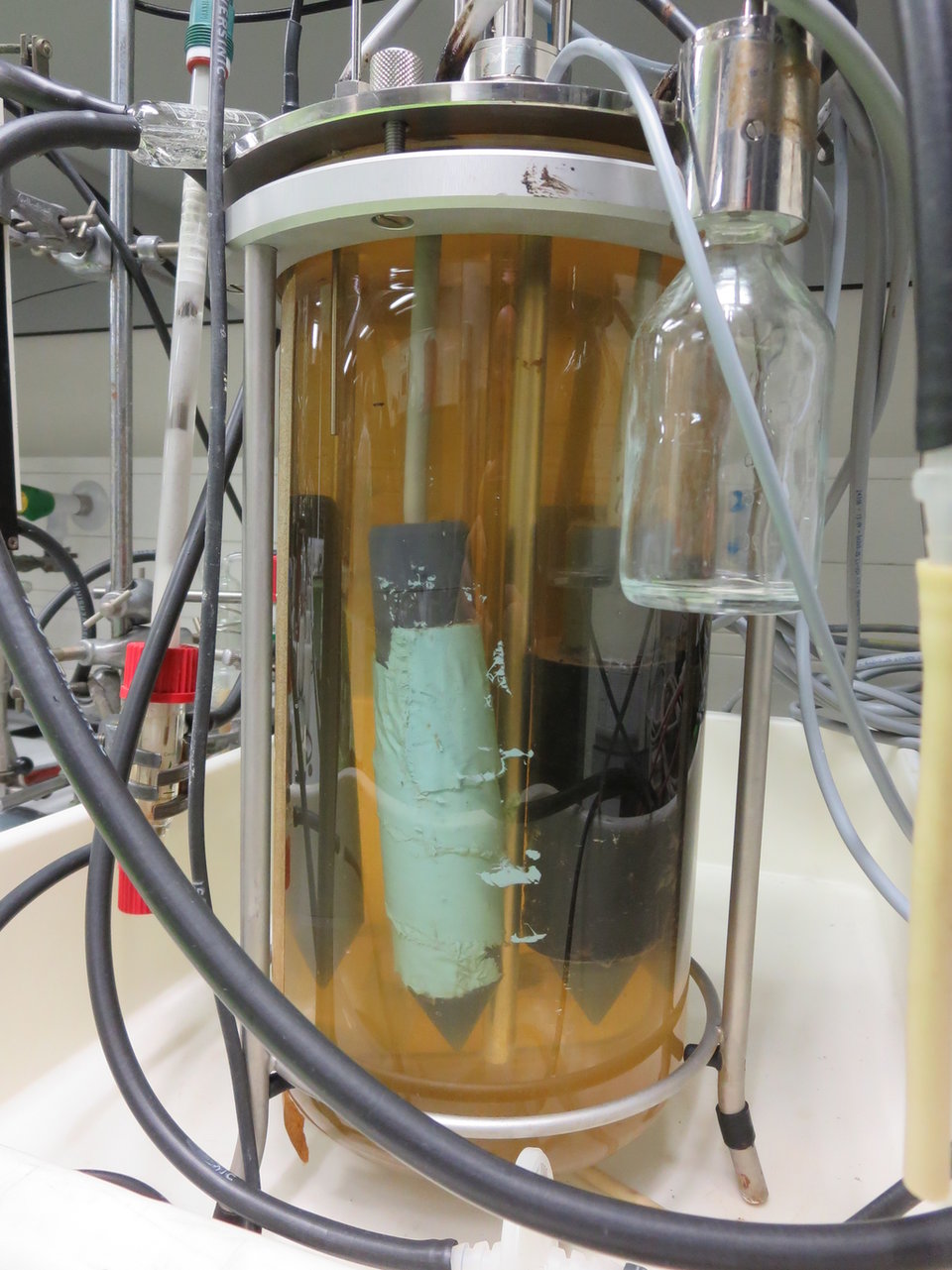
The study conducted by Jansen and his colleagues initially focused on the protection of underground pipes and sheet piling. Among other things, they developed a measuring probe which, in the current energy transition, is also useful for determining (both in the field and in the laboratory) which protection works best for offshore wind turbines, heat exchangers and pipelines for aquathermal and geothermal energy. It is precisely this new infrastructure that has to endure for decades, and we must not forget the iron eaters.
If interested, please contact Stefan Jansen.
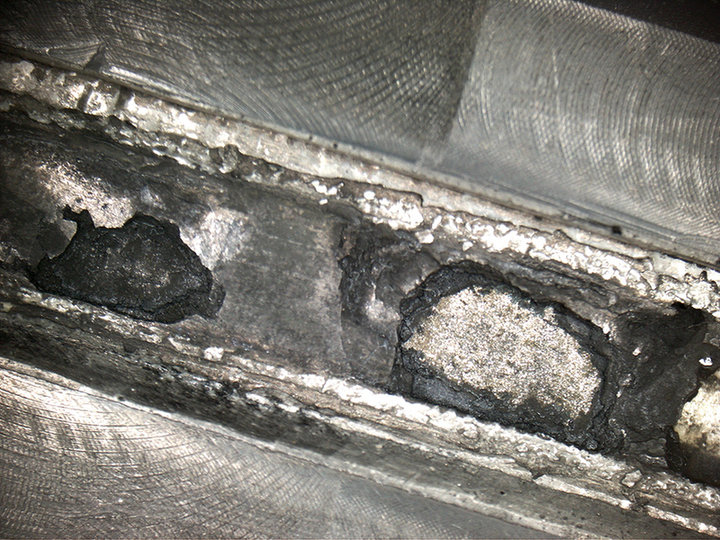
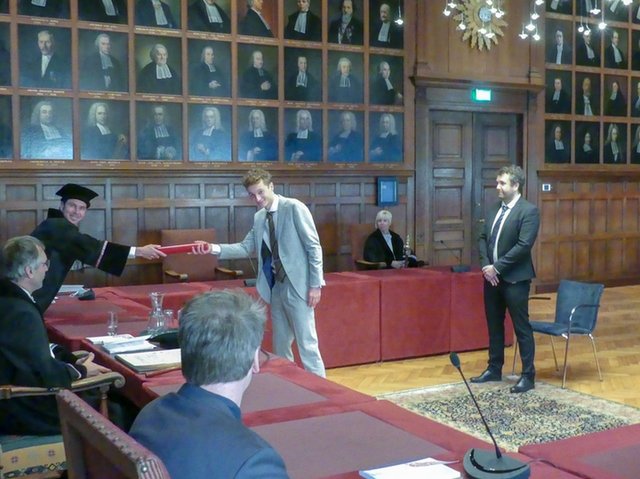
Doctorate Joeri van Engelen. Salt in the groundwater of densely populated deltas
Hydrologist Joeri van Engelen studied the distribution of fresh and salt groundwater in deltas. Although deltas are traditionally dependent on surface water, groundwater use is increasing due to the growing population and increasingly intensive agriculture. Despite the rising importance of these freshwater resources, little is known about their actual size and the determinant factors. Van Engelen's thesis helps us to establish a clearer picture of groundwater in these vulnerable areas. He also studied the sustainability of fresh groundwater resources in fifteen major deltas around the world.
See also:
Salt in groundwater of densely populated deltas - Deltares.
If interested, please contact Joeri van Engelen.
Photo Joeri van Engelen
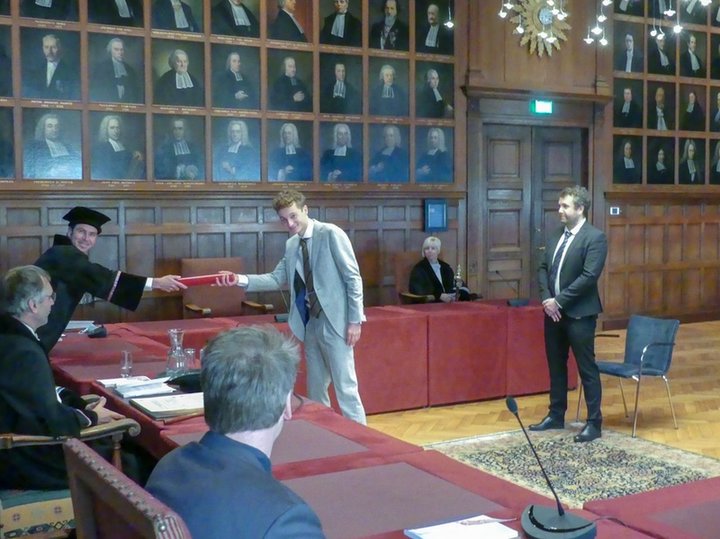
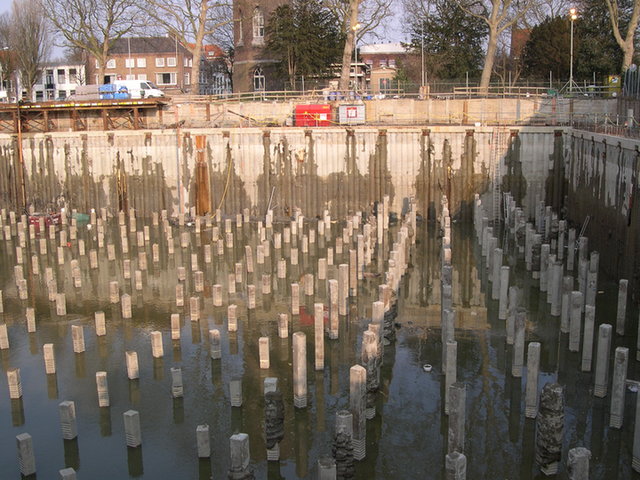
GEOLIB: a single environment for all geotechnical data
Engineering companies, contractors and water authorities are working hard on automating the design and evaluation processes for geotechnical data. So Deltares developed GEOLIB, the geotechnical software library that simplifies and accelerates these automation processes, and improves the results.
At present, the different organisations are still working with their own software to make calculations for, among other things, roads, dikes, excavation pits and foundation plans. GEOLIB will provide standard components for the calculation and interpretation of geotechnical data in the form of modules that can be easily coupled. “The Python programming language is used for the coupling, providing users with access to all functions and data in a single environment. The benefit is that, for each project, you can easily combine basic information and functionality as needed. That means you can flexibly automate the geotechnical working processes,” says Marcel Visschedijk, project leader at Deltares. “The Deltares seal of quality means clients can rest assured that the results are good.”
D-Series available
Since the autumn, the four principal geotechnical D-Series programs from Deltares have been available as GEOLIB modules for making calculations for sheet piling, slope stability, settlement and foundations. The first modules for reading and interpreting geotechnical data will also be available in early 2021. “Everyone was waiting for the D-Series modules, so various organisations are already making full use of them,” says Visschedijk, who wants to start work in 2021 on developing GEOLIB into a platform that will be joined by even more organisations.
Example of a GEOLIB application
In early November, a small team made up of representatives from Boskalis, Van Oord and Deltares working under the DigiShape umbrella used the new GEOLIB components. In just two days, the stability design for the underwater slopes for the Fehmarnbelt Tunnel was automated.
GEOLIB connects to existing data platforms, such as the Basic Register for the Subsurface (BRO), the Current Elevation File for the Netherlands (AHN) and the Netherlands Hydrological Instruments (NHI).
Eighteen parties outside Deltares use it: Antea, Arcadis, BAM, Ballast Nedam, Boskalis, CRUX, Dura Vermeer, Fugro, Heijmans, Lievense, Mobilis, Movares, RHDHV, Sweco, Volker Wessels, Waternet, Rivierenland water authority and Van Oord.
DigiShape is the innovation platform for companies, research institutes and government authorities who wish to work together to harness the power of digitalisation for the water sector.
If interested, please contact Marcel Visschedijk.
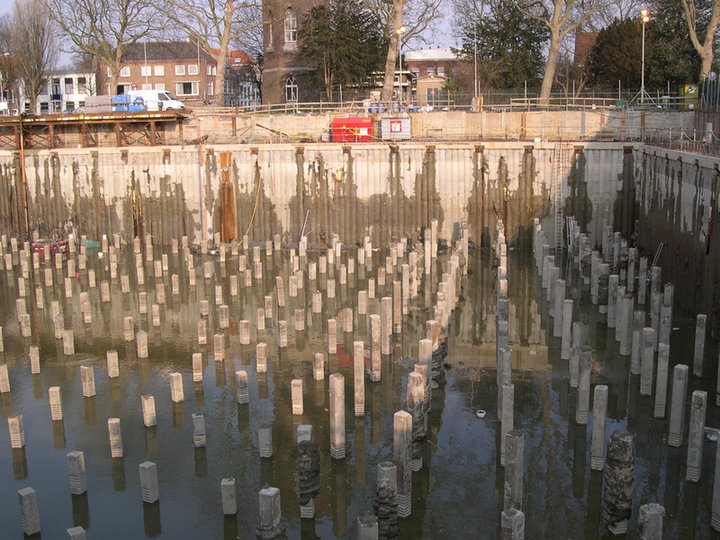

Working together on innovative and sustainable solutions for integrated water management
Deltares collaborated with the Water Sector Group of the Asian Development Bank (ADB) to call attention to planetary water management issues. A range of Deltares experts shared their knowledge and discussed the latest developments in the field of resilient cities, water and health, climate adaptation, hydrological models and flood forecasting.
Recordings, presentations and snapshots of the webinars are publicly available here.
If interested, please contact Tjitte Nauta.
For an overview of all past and future webinars in which Deltares participates, you can also go to our website: Webinars - Deltares
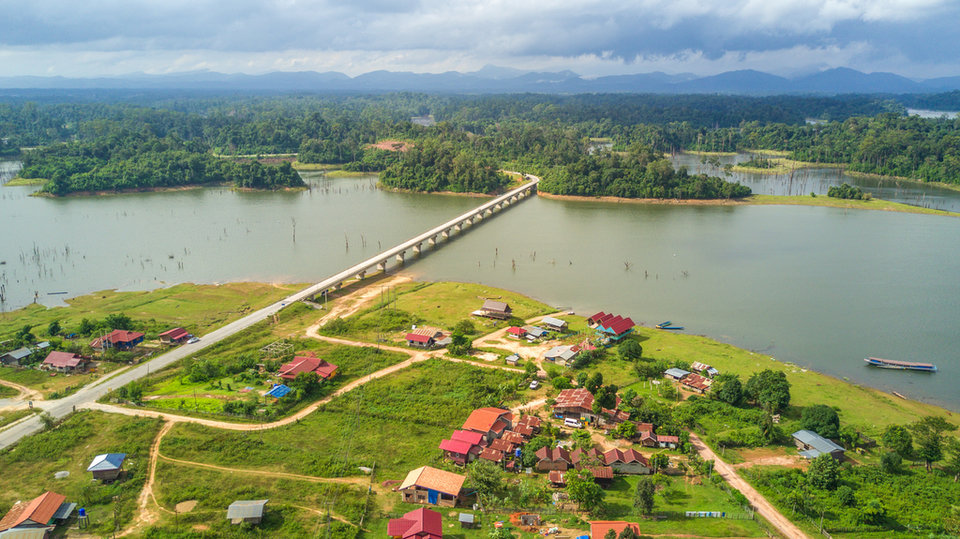
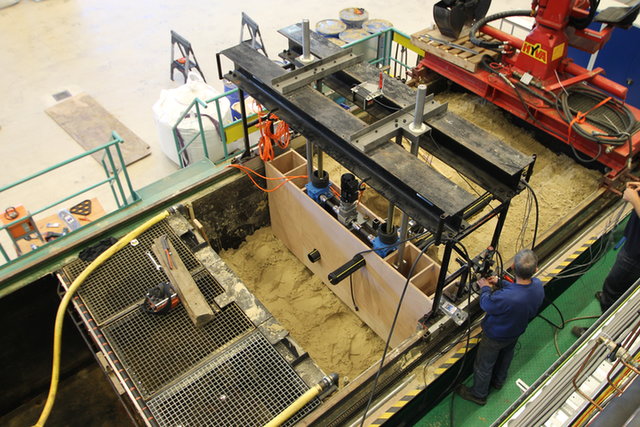
Free test time in our experimental GEO facilities
At Deltares, we are very proud of our wide range of test facilities. One of our aims is to help Dutch companies to encourage innovation.
Last year, we organised a successful competition for SMEs and start-ups to initiate innovations in the field of hydraulics. Two vouchers were awarded worth two weeks of test time each in our hydraulic test facilities. The competition was a major success and so this initiative will be repeated in the spring of 2021. The new competition aims to test the feasibility of geotechnical innovations relating to the subsurface for all conceivable topics (such as the energy transition, dike innovation, innovative structures and offshore).
The winners will be awarded up to €30,000 of effective collaboration and the use of our geotechnical experimental facilities such as the Geolaboratory, the Geomodellab and the new GeoCentrifuge. SMEs and start-ups can apply by submitting a digital form that will be available soon. Keep an eye on our website for the announcement.
If interested, please contact Max Zuidhoek.
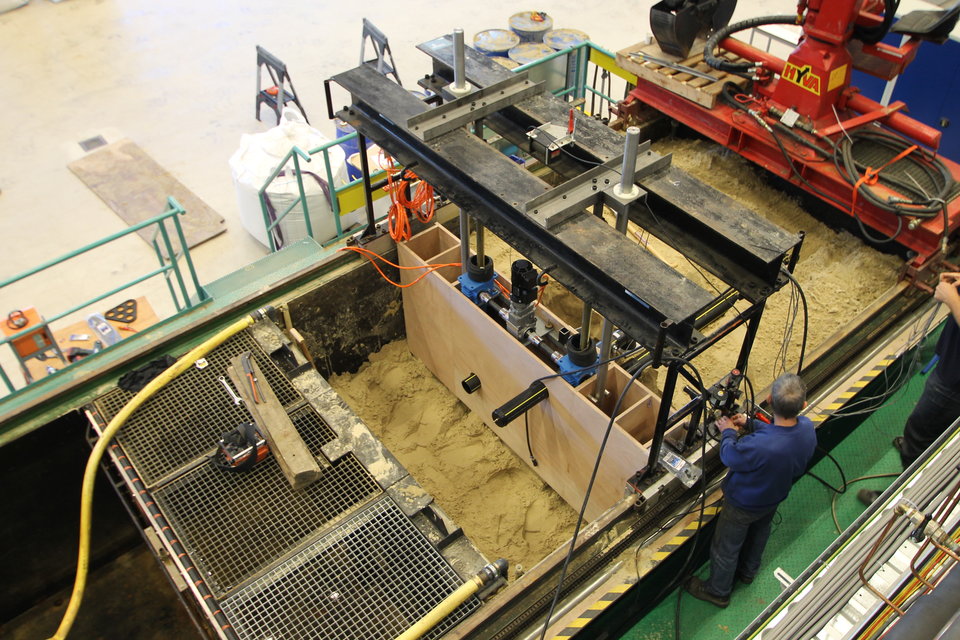

AquaConSoil: from international conference to international platform
AquaConSoil is organised by Deltares. It is one of the leading international conferences in the field of soil quality and water management and it is seizing the momentum to bring about transformation. The event will not just be a digital version; it is on its way to becoming an international platform for initiatives and the exchange of knowledge, practical experience and ideas.
What are we going to do?
We will organise two conferences: the first, from 14 to 18 June 2021, will be online and therefore open to a very large global audience. The second is now planned for mid-2022 and it will – if the COVID-19 situation allows – take place physically (possibly with some remote elements).
Ahead of the congress in June 2021, a number of activities such as webinars with keynote speakers are already taking place. There are still possibilities for new initiatives. During both the online and the physical conference, the recurring theme is “connecting”. Connecting people, disciplines, methods, possibilities and levels of scale.
Don't miss this opportunity
Our message for you is simple: don't miss this opportunity! Send in your suggestion, idea for an activity or initiative, and find national and international partners. You can find more information on www.aquaconsoil.com or send an email to aquaconsoil@deltares.nl
If interested, please contact Sophie Moinier.

Predicting typhoon damage with machine learning
There are several typhoons in the Philippines every year. They sometimes cause extensive devastation in the area, as in the case of typhoon Haiyan in 2013, which inflicted more than 6,000 fatalities. It is possible to predict these typhoons several days in advance so the local population can make preparations. However, current forecasts focus on what the weather will be (the typhoon event and intensity) rather than what the weather will do (the extent and the location of the damage).
Physical processes
Typhoons result in damage from wind, floods and landslides. Traditionally, predicting all these different types of damage requires a complex and expensive series of models that describe all the physical processes. Deltares has been working on an alternative approach for modelling this damage that draws on data and machine learning. We use historical data about typhoon damage in the past and combine them with indicators of that damage, including predicted wind speeds, rainfall, landscape, and building materials. Data-driven models of this kind are a good, cost-effective, way to predict the damage inflicted by typhoons.

“As well as reducing damage, predicting the impact of a typhoon can also save lives”
Tiaravanni Hermawan, flood expert at Deltares.
Dashboard
The second element in this alternative approach is the assessment of the potential extra benefits of impact forecasts by comparison with standard typhoon forecasting. We worked with the forecast users to find out what they needed and, together, we developed a mock-up dashboard to present the impact forecasts in a detailed and user-friendly way. We discovered that impact forecasting can help to make better and earlier preparations (for example, the early harvesting of vulnerable crops or the temporary reinforcement of specific buildings) and to prioritise the allocation of scarce emergency resources.
If interested, please contact Tiaravanni Hermawan.
